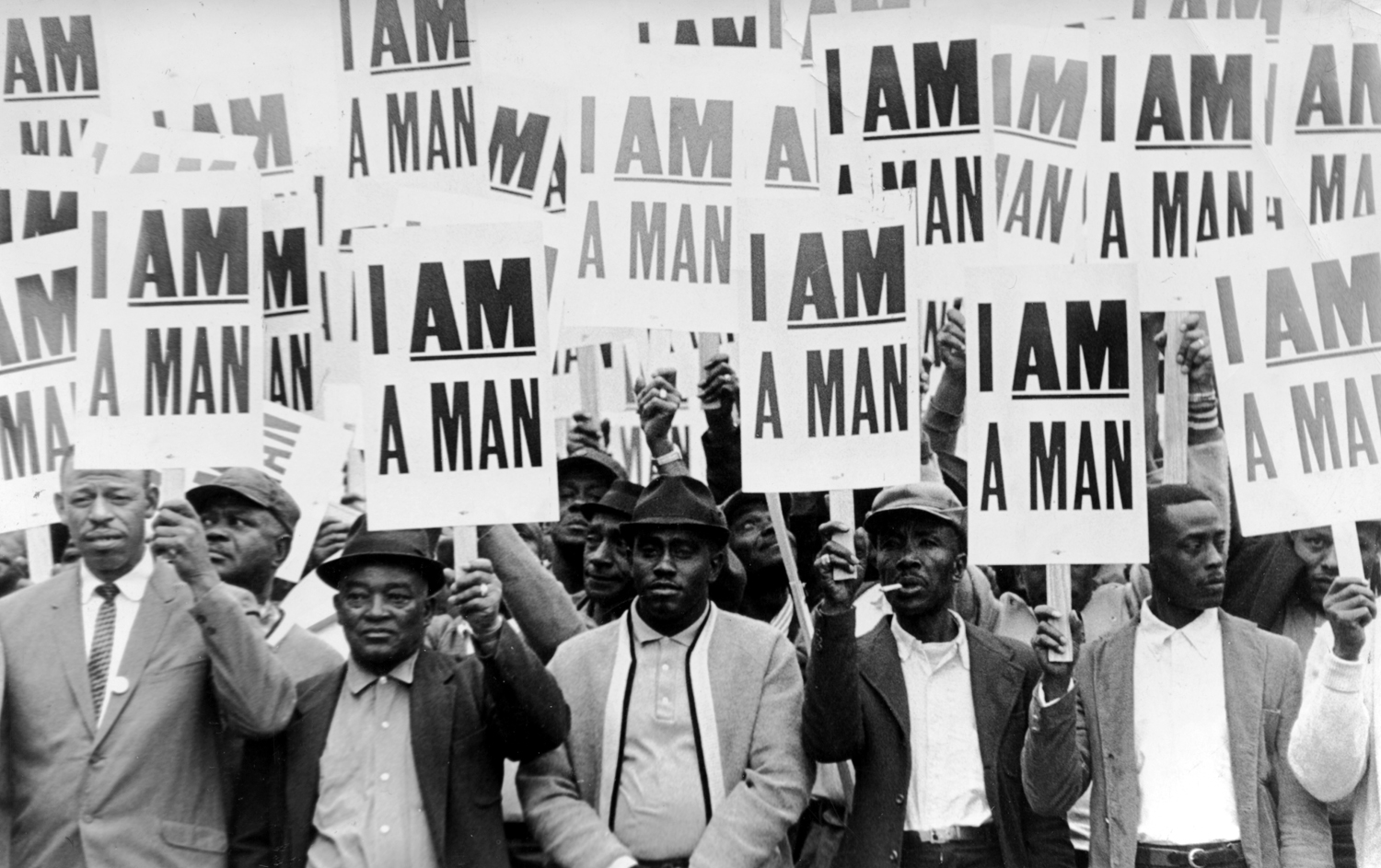

Intersections Film Series: Waste and Labor Short Films
January 17 @ 7:00 pm - 8:30 pm EST
| FreeOn Wednesday, January 17th at 7pm (EST), Penn State Sustainability will show a program of short films as part of its ongoing Intersections Film Series program. This upcoming showing, from the Landscapes of Labor series, revolves around issues of labor and waste. It is being screened in collaboration with The Center for Global Workers’ Rights. A post-film breakout discussion will occur after the films are screened. The free event will take place over Zoom. To register, please go to the Intersections website at intersections.psu.edu/waste-and-labor. Open to all!
Films to be screened include:
I Am A Man: Memphis Sanitation Strike, AFSCME, (2008, United States, 10 min.)
I Am A Man details the Memphis Sanitation Workers’ Strike and the support Martin Luther King Jr. gave to the movement. “Determined to be men,” sanitation workers fought to be recognized as people, not replaceable machines that could be ignored. Striking against the city, workers pushed for better wages and safety measures, and despite harsh pushback and harrassment, they continued to fight for a better future. Connecting the themes of waste and labor, this film educates its viewers on an important history and strongly reminds us all that “whenever you are engaged in work that serves humanity…it has dignity and it has worth.”
Plastic China, Jiu-Liang Wang, (2016, China, 37 min.)
Plastic China offers a looking glass into the life of Chinese laborers as they work to deal with the plastic waste of some of the largest industrialized nations in the world. From poor wages to dangerous working conditions to feelings of inadequacy, the film pushes us all to reassess the resources we use. Instead of mindlessly throwing material in a recycling bin, viewers should leave the film thinking about ways they can reduce their waste footprint, better recycle when necessary, and advocate for better conditions for those who deal with the plastic we consume.
el Empleo, Patricio Plaza & Santiago ‘Bou’ Grasso, (2008, Argentina, 6 min.)
El Empleo walks its viewers through the daily life of an “average” worker. In doing so, it highlights a fundamental truth in capitalist society, that every material good or service we consume comes with a human cost. Whether it is the table we eat at, the car we ride in, or the light in our home, human energy, time, and life is utilized. This idea of the human cost of labor must be considered as calls for a transition to a more renewable, sustainable future continue. For we cannot have a true equitable transition if labor concerns are ignored.
Following the film will be breakout discussions led by Dr. Manuel Rosaldo from the Center for Global Workers’ Rights and Ayo Oluwalana, Recycling and Waste Coordinator for Penn State University.


